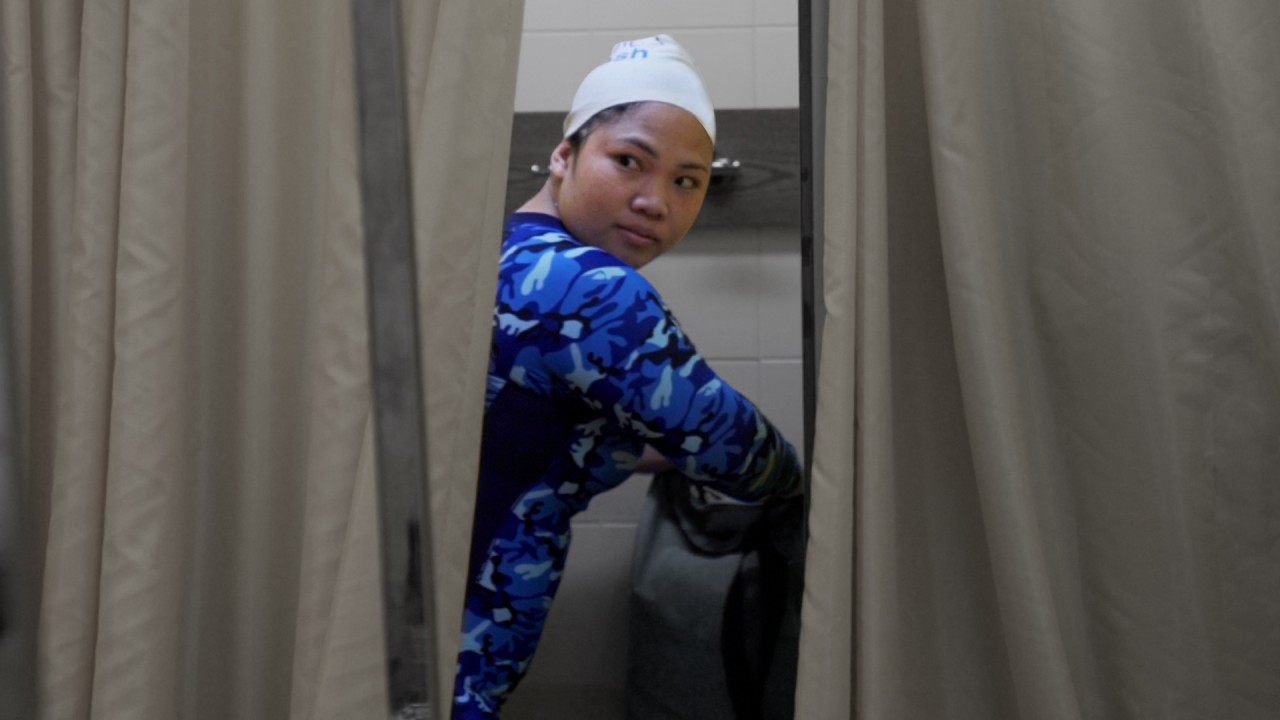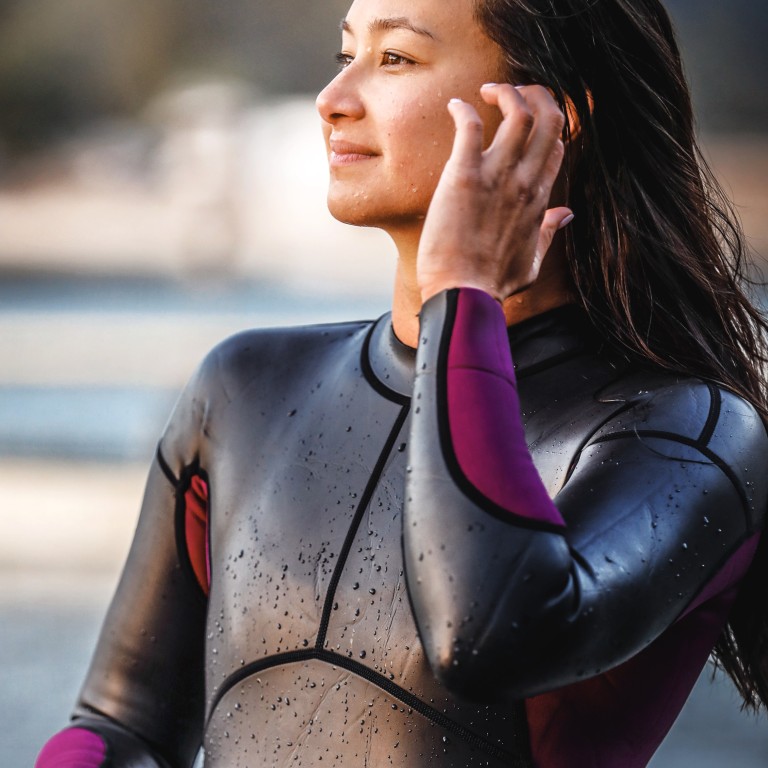
Olympians to lead 45km open water swim relay to boost mental health awareness and raise money for Hong Kong charity teaching swimming
- Olympian Camille Cheng describes how getting ‘out of her head’ helped her qualify for the 2016 Games and how she and others hope to raise money for charity
- A six-woman team will swim 45km around Hong Kong Island in support of the Splash Foundation’s free swimming classes, and to promote good mental health
For Hong Kong Olympian Camille Cheng, qualifying for the 2016 Rio de Janeiro Summer Olympics was no easy feat. But her main nemesis was not a competitor – it was her mind.
“Especially at a high level in sport, a lot of people think it’s very physical,” she says. “The training, obviously, is very physical – but when you get up on the blocks to race, it’s 90 per cent mental.”
At the time – 2015 – Cheng was in the best shape of her life. She was training well and hitting the times she needed, but every time she got up to race, her hard work did not translate.
She soon grew frustrated, wondering if her dedicated year spent chasing her Olympic dream was for nothing.
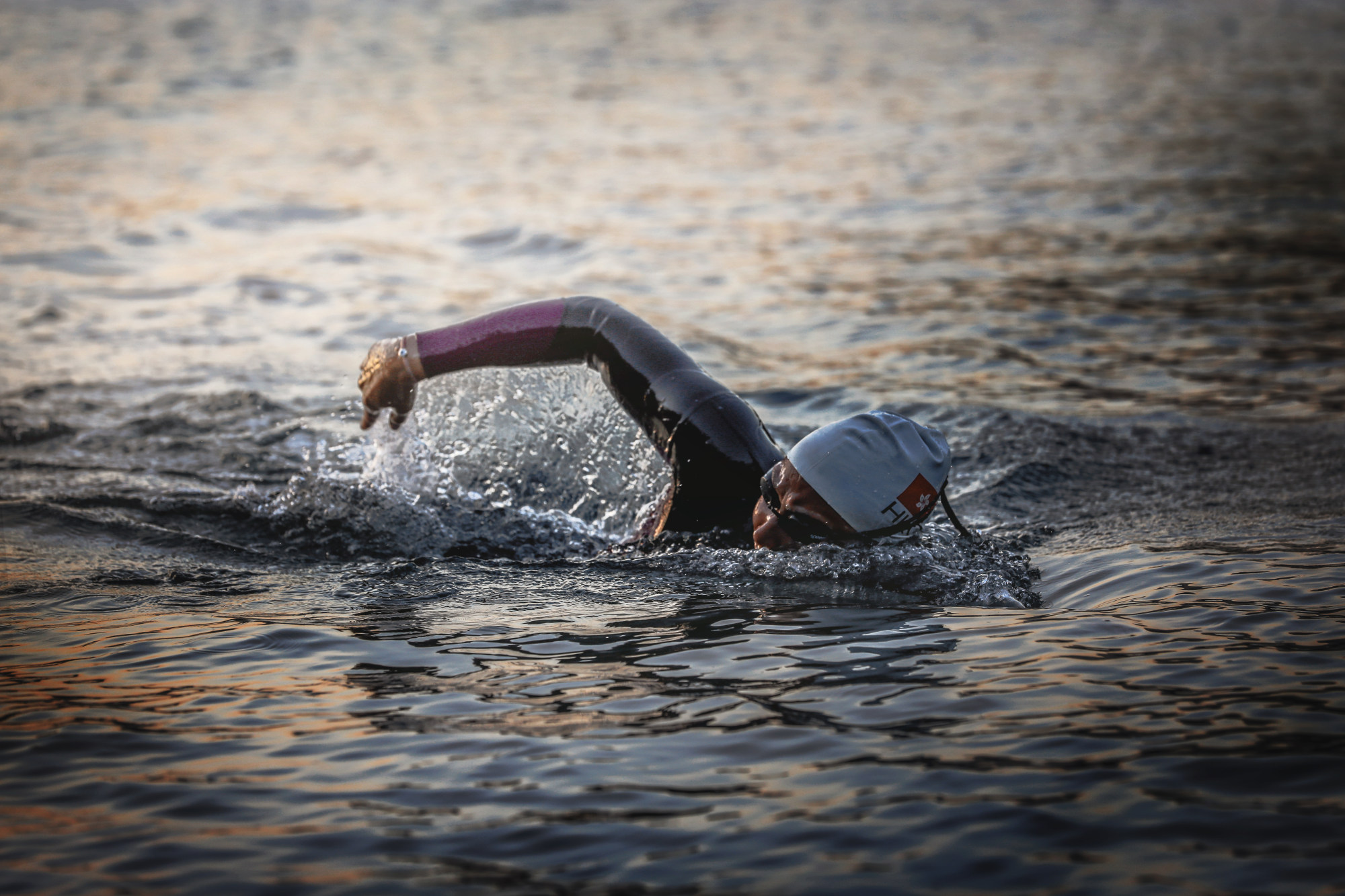
The tides changed at one particular swim meet. Cheng had been stuck in traffic, had to rush to get changed and was late for her warm-up. But, as everything went wrong, her coach told her, “Just get out of your head. Just swim for the little girl that fell in love with the sport.”
“That’s when I qualified for the Olympics,” Cheng says.
She will be part of the first all-female relay team attempting to swim the 45 kilometres (28 miles) around Hong Kong Island, an endeavour they are calling “Water for Wellbeing”.
Together, the six women aim to raise HK$888,000 (US$113,000) – eight is a lucky number in Chinese culture – for Splash Foundation, a Hong Kong charity that offers free swimming lessons to domestic helpers and low-income communities.
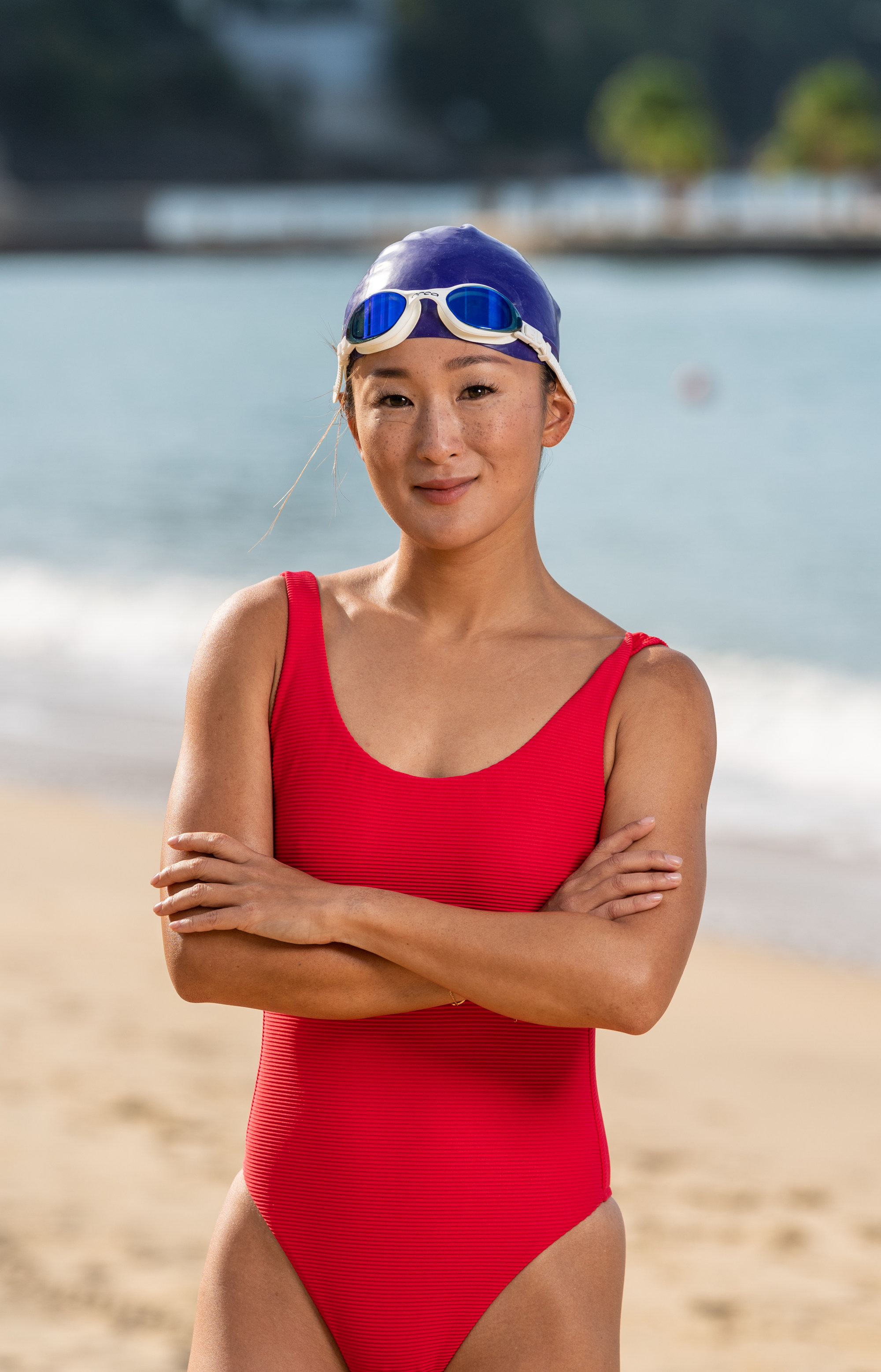
The relay swim will take place on November 15, beginning at around 3.15am, and is expected to take around 14 hours, during which each woman will swim for around 30 minutes at a time.
Each person on the team has their own story regarding swimming and mental health. For runner and hiker Li, swimming became a meditative sport that was instrumental to her mental and physical recovery from past injuries, including a case of patellar tendinitis – an injury to the tendon connecting the kneecap to the shinbone.
“It’s a very defeating and depressive experience, getting injured,” Li says. Sport was her outlet and a source of balance in her life, so not being able to run consistently during her recovery was difficult.
“Getting into swimming was really healthy and [helpful for] my well-being,” Li says. “Swimming is one of the sports that is my meditation, in a way … when I’m in the water, it’s very soothing, very therapeutic.”
While she already knew how to swim breaststroke, the entrepreneur only learned how to swim freestyle in June last year.
Now she trains up to three times a week, swimming around 2.5 kilometres to three kilometres at each session, sometimes more.
“It really is a sport that’s very approachable, accessible, and anyone can do it,” she says, which underscores Splash’s mission of providing under-resourced communities with the opportunity to learn how to swim. “I just learned freestyle. It’s not like I’ve been swimming my whole life; I’m not on the swim team or anything.”
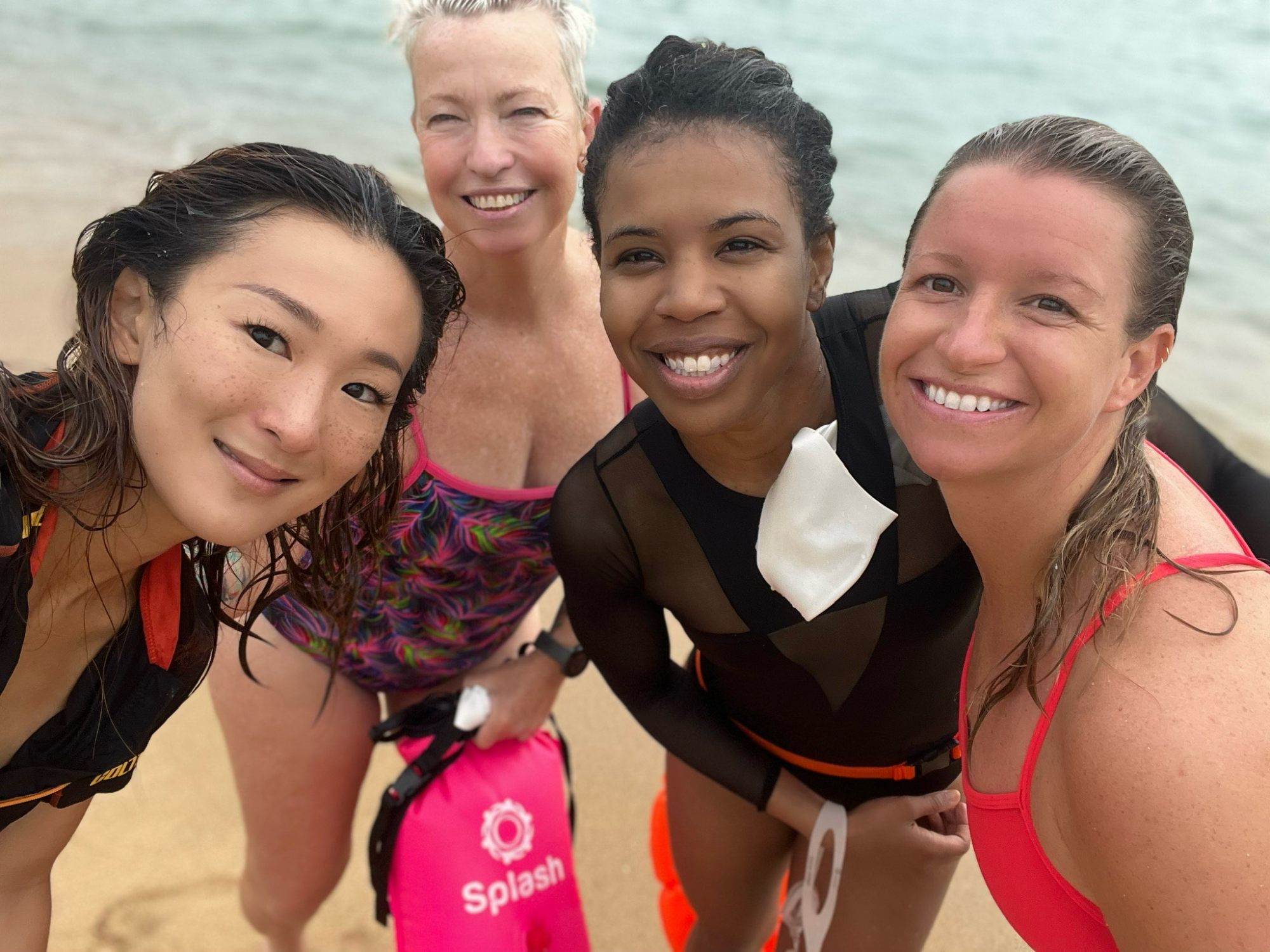
Cheng, on the other hand, grew up swimming from a young age. “I would have very fun little duels with the older boys around the swimming complex,” she recounts. “For me, it gave me a lot of confidence [as a] shy, timid girl.”
“It was also during a time where I was struggling a bit with my own swimming,” she says. “I’ve gone, obviously, through a lot of ups and downs in terms of, do I want to retire? When do I want to retire? Do I want to keep going? What happens when you are not performing and plateauing for a long time?”
But as she conducted focus groups, interviews and research, she became inspired by the domestic helpers’ stories, and how they – some over 40 and 50 years old – could overcome their own fears and build community through learning how to swim.
“It was a really big reminder that swimming is bigger than just the times or the rankings or the status as an Olympian,” says Cheng, who became a Splash ambassador.
“When I leave the sport, it’s about the community, it’s about the lessons I’ve learned, it’s about my growth and how I’ve been able to grow and develop as a person through swimming.”
For now, the Olympian is still swimming competitively, but she is also looking towards the future. By being part of the all-female relay swim, she hopes to help extend the opportunity of learning how to swim to under-resourced communities and continue the conversation about mental health and the benefits of swimming.
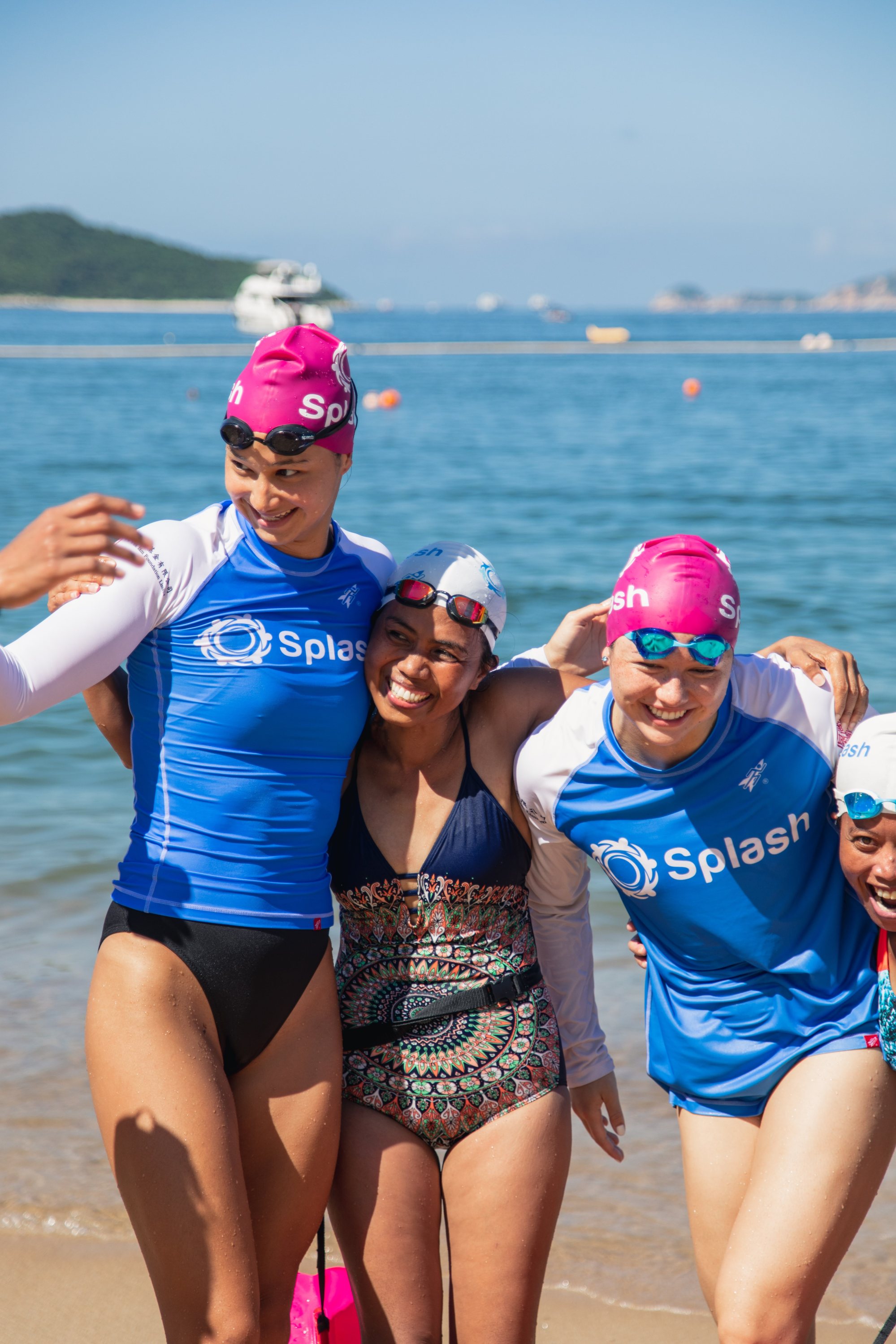
“That’s the space I’d like to be in,” Cheng says. “I just have this belief [that we should] do something every day that’s good for our mental health, just like we do for our physical health.”
To support the group’s fundraising efforts, visit www.give.asia/waterforwellbeing


